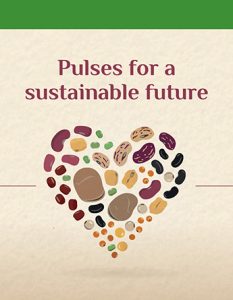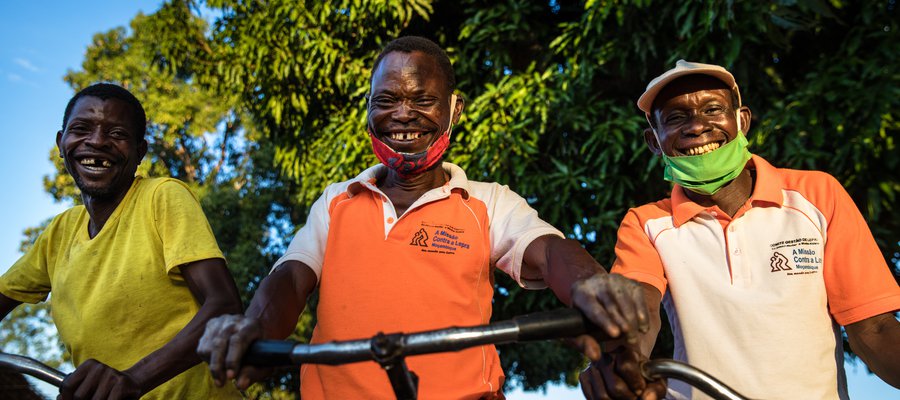Today’s gospel text is very short, only four verses, but with a message that is very relevant, of course (Matthew 5:13-16).
The second part of the text about Jesus’ disciples being the light of the world, is well known to us.
But the first part may be less so…
Yet, Jesus starts with an unusual example: SALT.

The sight of a cook adding a pinch of salt to a dish is familiar to us.
We know w ell that this seasoning is required for any type of food to be tasty,
ell that this seasoning is required for any type of food to be tasty,
unless you have in mind a sweet recipe, of course.
But what about salt for… our lives, or the meaning of lives being tasty?
Perhaps before understanding about OUR lives being tasty,
we need to discover about God’s reaching out to us in ways that we experience as tasty!
Psalm 34:8 tells us:
“How good is the Lord – only taste and see!”
How do we actually taste this, you may wonder.
I personally believe that EXPERIENCE is the way to taste –
to taste God’s kindness and patience, God’s love and mercy, God’s compassion and… all that God is to us!
Our lives, from day to day, provide plenty of occasions… to taste this!
The apostle Peter, writing to the first Christians, speaks about this.
He says that, having been baptized,
“You have tasted the goodness of the Lord.” (1 Peter 2:3)
Once we have made the personal experience of God, then slowly, gradually, we will take on his ways.
Perhaps slowly but certainly, our ways will become more Christ-like –
this is the meaning of being a Christian.
Then, our way of thinking, acting and reacting, will have this special likeness to Christ.
This will give our way of being with people something that draws them to him –
a taste that is unmistakably good, “salt of the earth”, no less!
In fact, it is interesting to note that, in conversation, we sometimes hear people – good, kind, helpful people –
being referred to as salt-of-the-earth people!
Could it be said of me?…
Note: Another text is available on a different theme, in French at: https://image-i-nations.com/5e-dimanche-de-lannee-a-2023/
Source: Images: Unsplash Facebook

 Pulses are the edible seeds of leguminous plants cultivated for both food and feed.
Pulses are the edible seeds of leguminous plants cultivated for both food and feed. “Journeying in dignity” is the theme of the 9th Edition of the International Day of Prayer and Awareness Against Human Trafficking, celebrated around Feb. 8, 2023.
“Journeying in dignity” is the theme of the 9th Edition of the International Day of Prayer and Awareness Against Human Trafficking, celebrated around Feb. 8, 2023. Internet safety or online safety or cyber safety and E-Safety is trying to be safe on the internet and is the act of maximizing a user’s awareness of personal safety and security risks to
Internet safety or online safety or cyber safety and E-Safety is trying to be safe on the internet and is the act of maximizing a user’s awareness of personal safety and security risks to 
 ell that this seasoning is required for any type of food to be tasty,
ell that this seasoning is required for any type of food to be tasty, World Wetlands Day is annually held on February 2 to celebrate how wetlands, which are lands saturated by water, help maintain biodiversity on Earth.
World Wetlands Day is annually held on February 2 to celebrate how wetlands, which are lands saturated by water, help maintain biodiversity on Earth.

 It is interesting to observe people in a food store, or supermarket.
It is interesting to observe people in a food store, or supermarket.
 Paul asks them:
Paul asks them: “The Lord has stooped to me and he heard my cry for help.”
“The Lord has stooped to me and he heard my cry for help.”